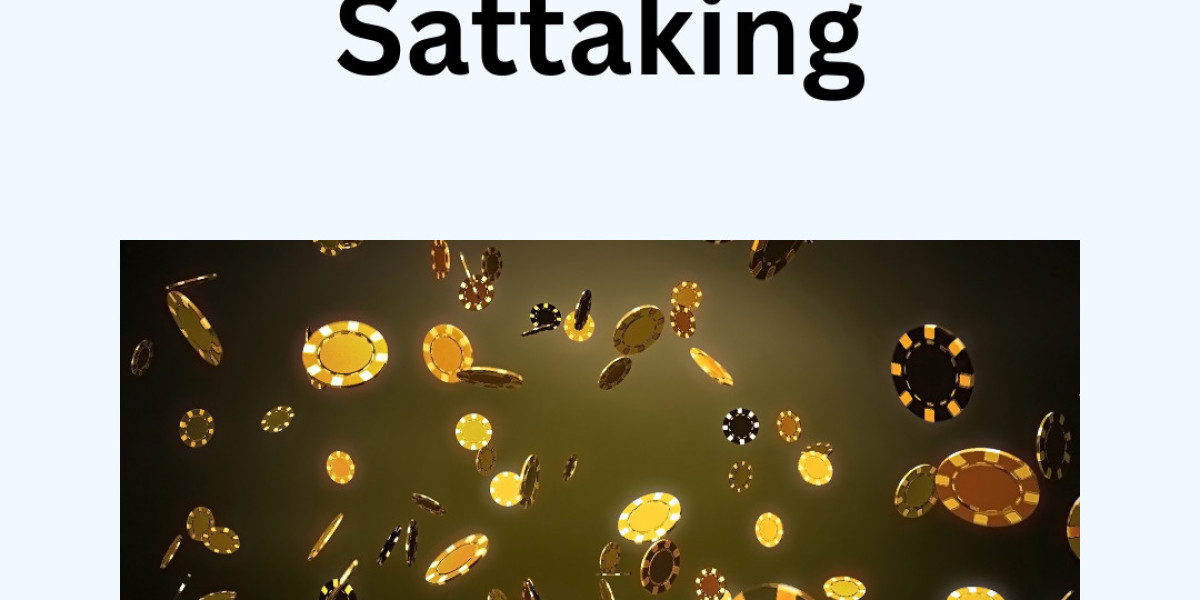As industries ranging from medical to finance experience growing international demand, companies are constantly striving to expand their presence in global markets. The pharmaceutical and medical industries, in particular, have made incredible strides in spreading their innovations worldwide. However, for discoveries and advancements from one country to benefit people in other regions, accurate and efficient translation is essential.
This article will delve into the critical role medical translation services play in the pharmaceutical industry, highlighting how they ensure regulatory compliance, maintain patient safety, support product launches, and more.
1. Ensuring Regulatory Compliance
One of the most challenging aspects of pharmaceutical operations is adhering to stringent regulatory standards. Every country or region has its own rules governing drug approval, marketing, and distribution. Regulatory bodies such as the U.S. Food and Drug Administration (FDA), the European Medicines Agency (EMA), and others require detailed documentation covering clinical trials, drug labels, safety data, and more.
For example, EMA regulations mandate that any pharmaceutical company selling a drug in the European Union must provide all product information in every EU language. To gain approval in these markets, companies must submit translations that meet these requirements accurately. Professional medical translation services ensure that regulatory submissions are precise and error-free, reducing the risk of delays or rejections due to inaccuracies. Without these services, pharmaceutical companies could face costly setbacks in getting products to market.
2. Maintaining Patient Safety
Patient safety is paramount in the pharmaceutical industry, and clear communication is a key factor in safeguarding it. Whether in clinical trials or post-market surveillance, medical translation services are essential for conveying accurate information to patients, healthcare providers, and regulatory authorities.
During clinical trials, for example, informed consent forms, patient questionnaires, and medical reports must be translated correctly so that participants fully understand the procedures, risks, and benefits. Any miscommunication at this stage could lead to ethical, legal, or scientific complications. Medical translation services ensure that all materials are clearly understood, regardless of the language spoken by participants.
Once a pharmaceutical product is approved, it’s vital that patient-facing materials, such as medication labels, dosage instructions, and side effect warning are accurately translated. Incorrect translations could lead to dangerous misuse of medication, potentially putting patients at risk. Expert medical translators ensure that all patient materials are clear, consistent, and culturally appropriate, helping to maintain safety across different languages.
3. Facilitating Global Collaboration
Pharmaceutical companies often collaborate with research institutions, universities, and other organizations around the world to develop new drugs and therapies. Effective communication across languages is essential to these partnerships’ success.
Medical translation services play a critical role in enabling companies to work effectively with international partners. Whether it's sharing clinical trial data, coordinating research efforts, or submitting regulatory documents, accurate translations are crucial for ensuring that all parties are aligned. By facilitating the smooth exchange of information across borders, medical translators help pharmaceutical companies develop innovative treatments and bring them to market more quickly.
4. Managing Complex Scientific Terminology
Pharmaceutical documents are packed with specialized medical and scientific terminology that requires expert translation. A deep understanding of the field is necessary to translate technical terms accurately.
Medical translation services employ translators who are not only fluent in the target language but also have extensive backgrounds in medicine and pharmaceuticals. These experts can handle complex medical texts, including clinical study reports, research papers, and drug patents. They ensure that scientific concepts are accurately conveyed, enabling pharmaceutical companies to communicate effectively with regulators, healthcare professionals, and researchers worldwide.
5. Meeting the Demand for Multilingual Healthcare
As pharmaceutical companies expand into new markets, there is an increasing need for multilingual healthcare solutions. Patients and healthcare providers must have access to medical information in their native languages to make informed treatment decisions.
Medical translation services help pharmaceutical companies meet this growing demand by translating patient information leaflets, medical guides, and other materials into multiple languages. This ensures that products are accessible to patients and healthcare professionals around the world.
In global health crises or pandemics, the need for rapid, accurate translations becomes even more urgent. Medical translation services ensure that critical information can be quickly disseminated across languages, potentially saving lives by providing timely, accurate information to the right people.
6. Protecting Intellectual Property
Pharmaceutical companies invest heavily in research and development, making the protection of intellectual property (IP) a top priority. Patents, trademarks, and other legal documents related to pharmaceutical innovations must be translated accurately to protect IP in international markets.
Medical translation services ensure that these critical documents are translated with precision, helping companies secure patents and trademarks across multiple jurisdictions. By providing high-quality translations, these services help protect pharmaceutical companies' investments, ensuring they retain control over their innovations on a global scale.
Selecting the Right Medical Translation Service Provider
Given the importance of accuracy, quality, and regulatory compliance, pharmaceutical companies must work with medical translation services that specialize in the healthcare and pharmaceutical sectors. Collaborating with a provider that understands the complexities of the industry ensures that all translations are handled with care and precision.
Ulatus, a leader in medical translation services, offers pharmaceutical companies access to expert translators with extensive knowledge of medical terminology, regulatory requirements, and cultural nuances. Their commitment to delivering high-quality, accurate translations makes them a trusted partner for pharmaceutical companies expanding into global markets.
Conclusion
In the pharmaceutical industry, language barriers can significantly hinder progress and lead to costly mistakes. Medical translation services are essential in overcoming these barriers, ensuring regulatory compliance, maintaining patient safety, and supporting successful product launches in international markets
By providing accurate and culturally sensitive translations, medical translation services enable pharmaceutical companies to operate effectively in diverse markets, collaborate with global partners, and protect their intellectual property. As the pharmaceutical industry continues to grow internationally, the importance of these services will only increase, helping to ensure safe, effective, and accessible healthcare for all.








